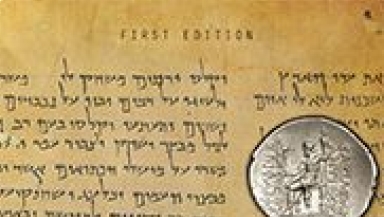
The greatest challenge for early Christians was not the power of the Roman Empire but rather the threat of lynch mobs who did not understand Christianity as a religion.
In his anthology The Bible in Context, researcher Paul Mirecki, an associate professor of the Department of Religious Studies, University of Kansas, drew from 142 important political and religious writings from the ancient Mediterranean and Near East, as well as translations and original writings to give readers an understanding of what early Christians were faced with.
He asserted that most of the violence suffered by Christians was not a result of the Empire, as many believed, but rather of mobs.
"Most of the violence was not done legally from the top-down. The Romans were not interested in converting people to Roman religion. That's Hollywood. The Romans were not interested in persecuting people and putting them to the sword. It was unlawful local lynch mobs that were doing that, and some governors looked the other way," he explained.
Mirecki said that Romans were unsure of how to deal with Christianity as a religion because of its unique customs.
"They begin to understand Christianity in relation to outside foreign religions without looking at Christianity on its own terms. Romans were very concerned when they learned that Christians were drinking the blood and eating the body of their founder," Mirecki said.
Based on his research, Mirecki concluded that only in the first 10 years of Christianity's first 300 years were Christians executed by direct orders from Roman emperors before it became a legally protected religion in 313.
In its chronicling of early Christian history, Mirecki's book also trained the spotlight on figures like Emperor Trajan who cautioned against abusing Christians and sought substantial and probable cause before making arrests. He said learning the contents of these lesser known texts was important to fully understanding Christianity as a religion.
"The texts give us a broader knowledge of the political, social and religious context that produced the 66 biblical writings. We know a lot more about the background of this religion and its origins than people realise," he said.













